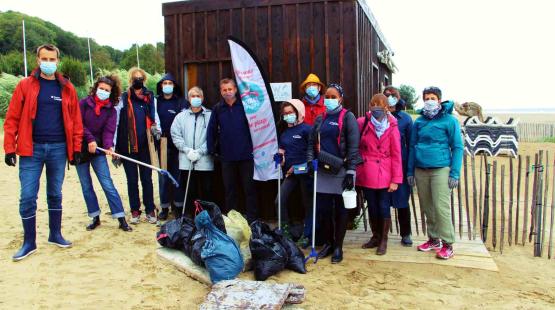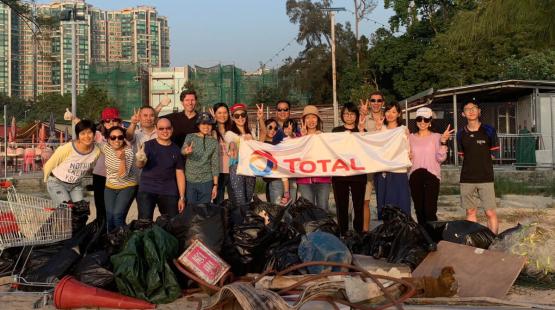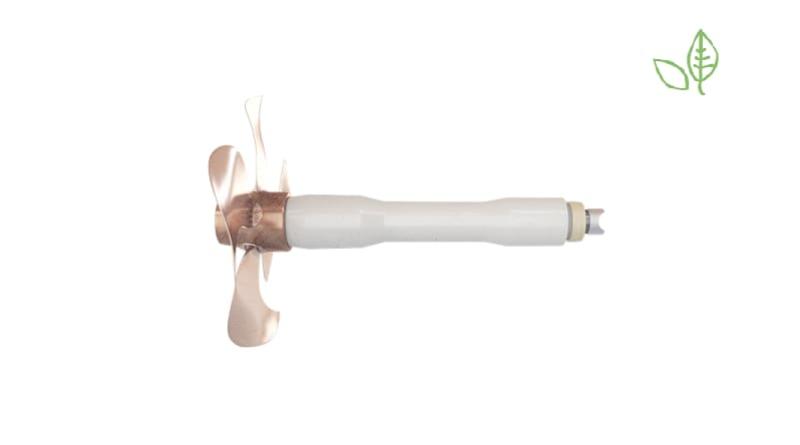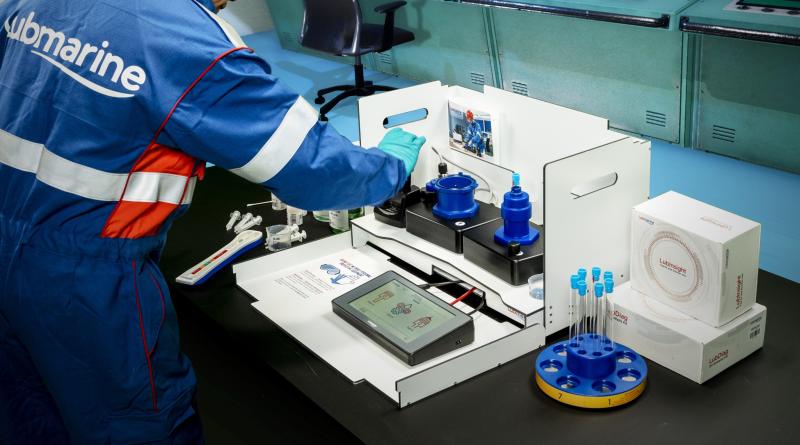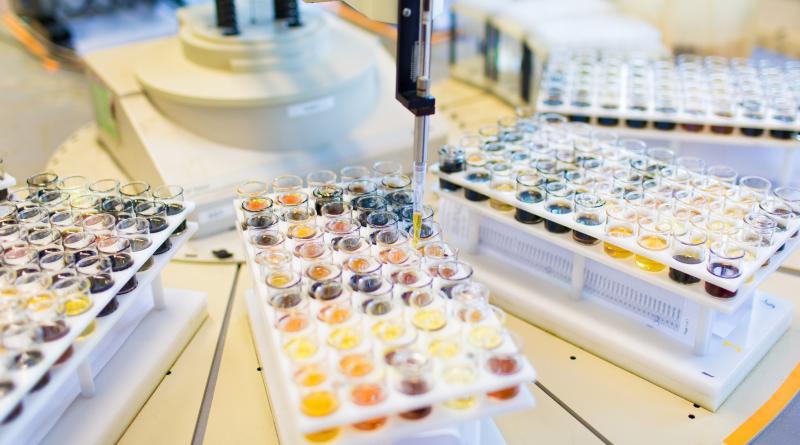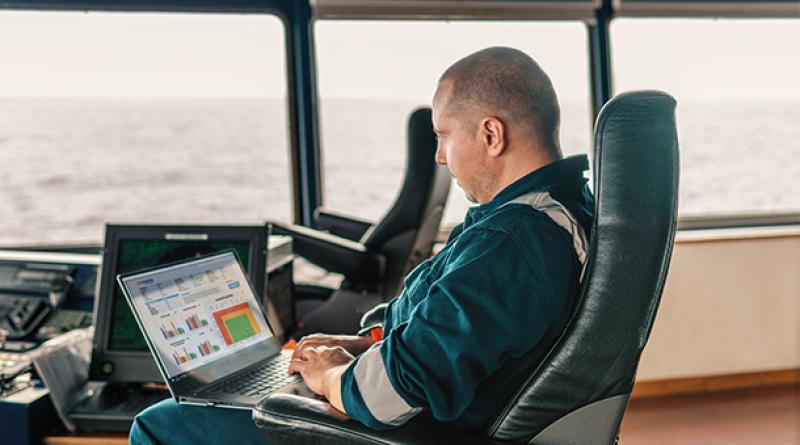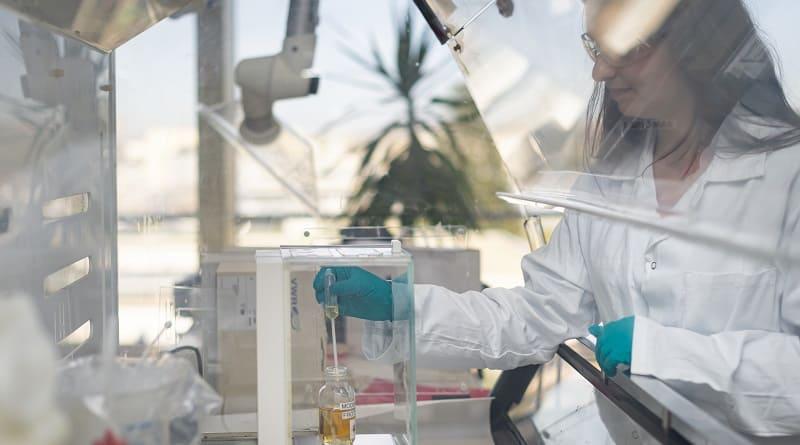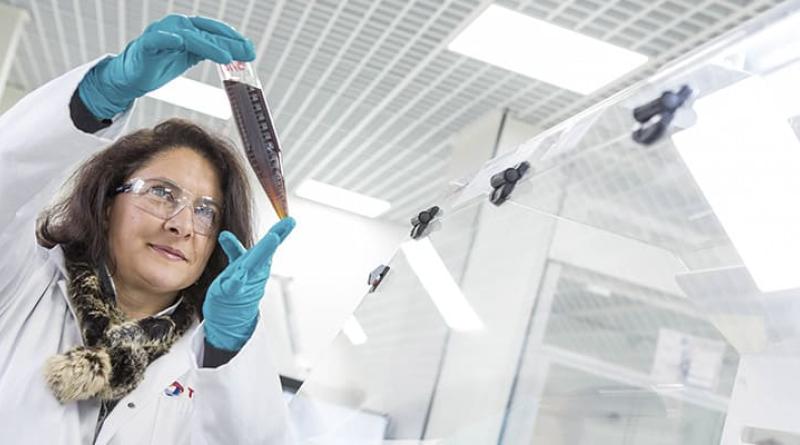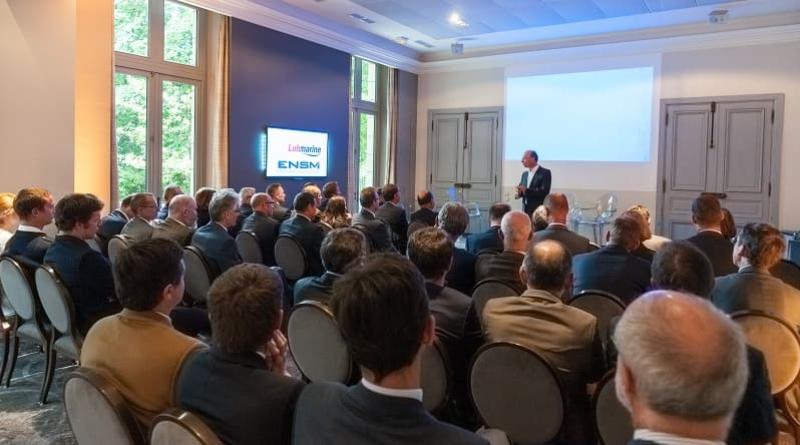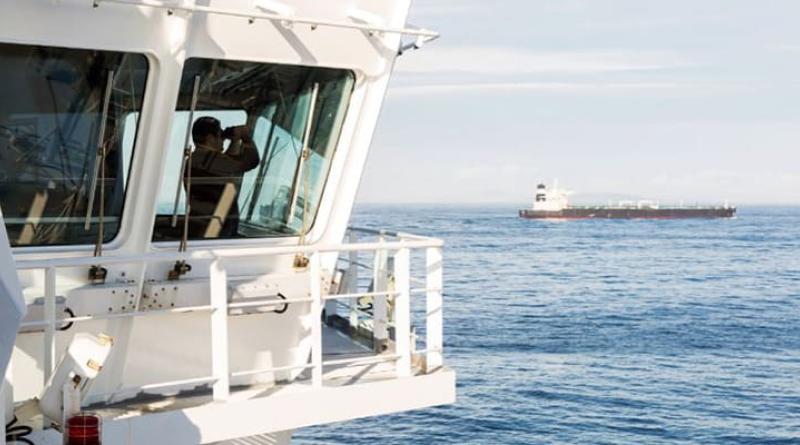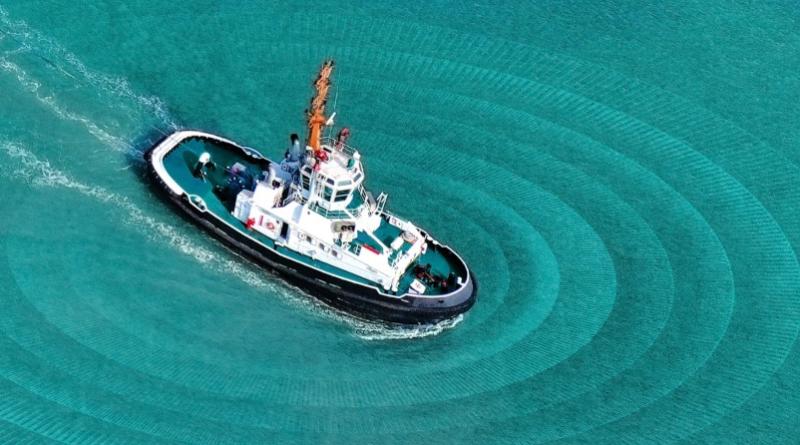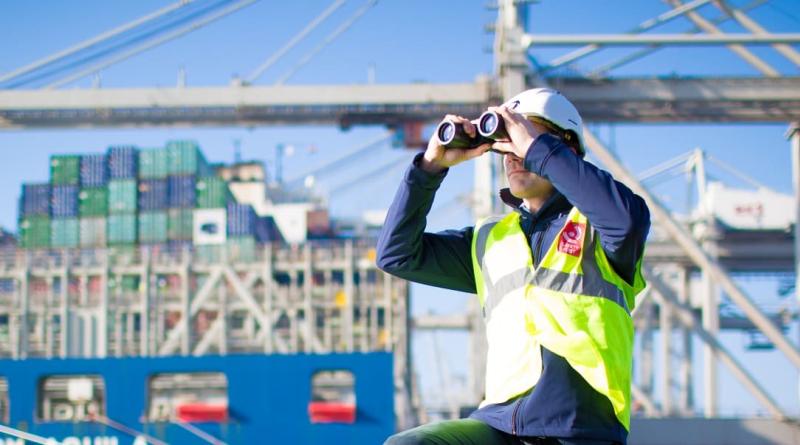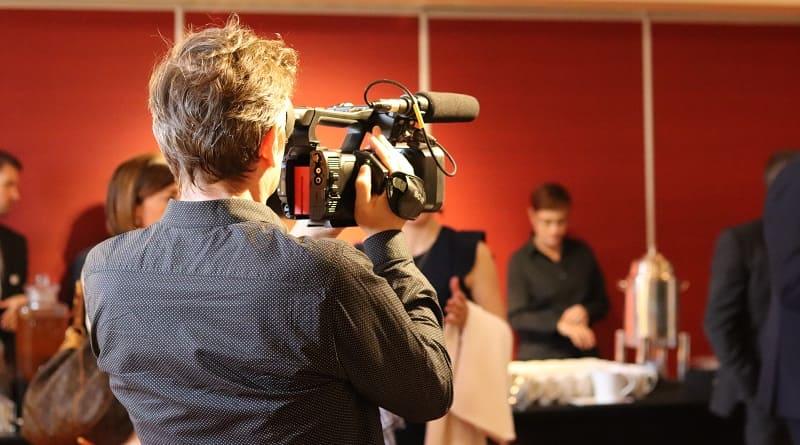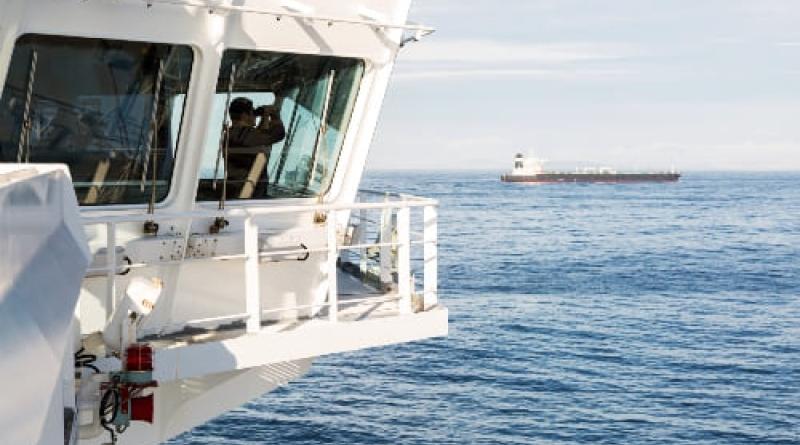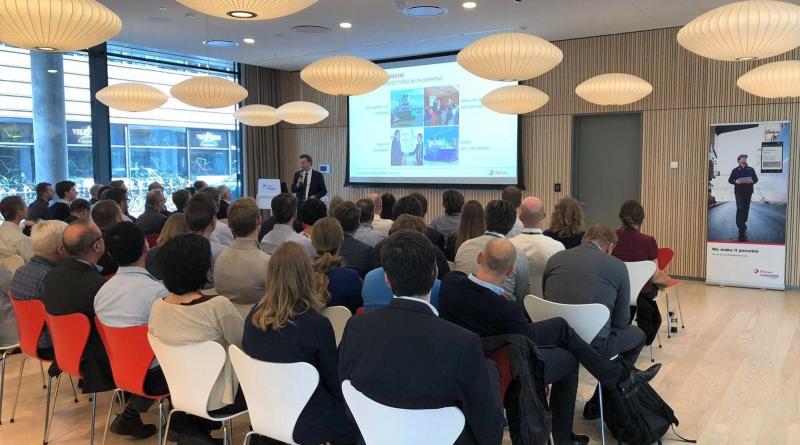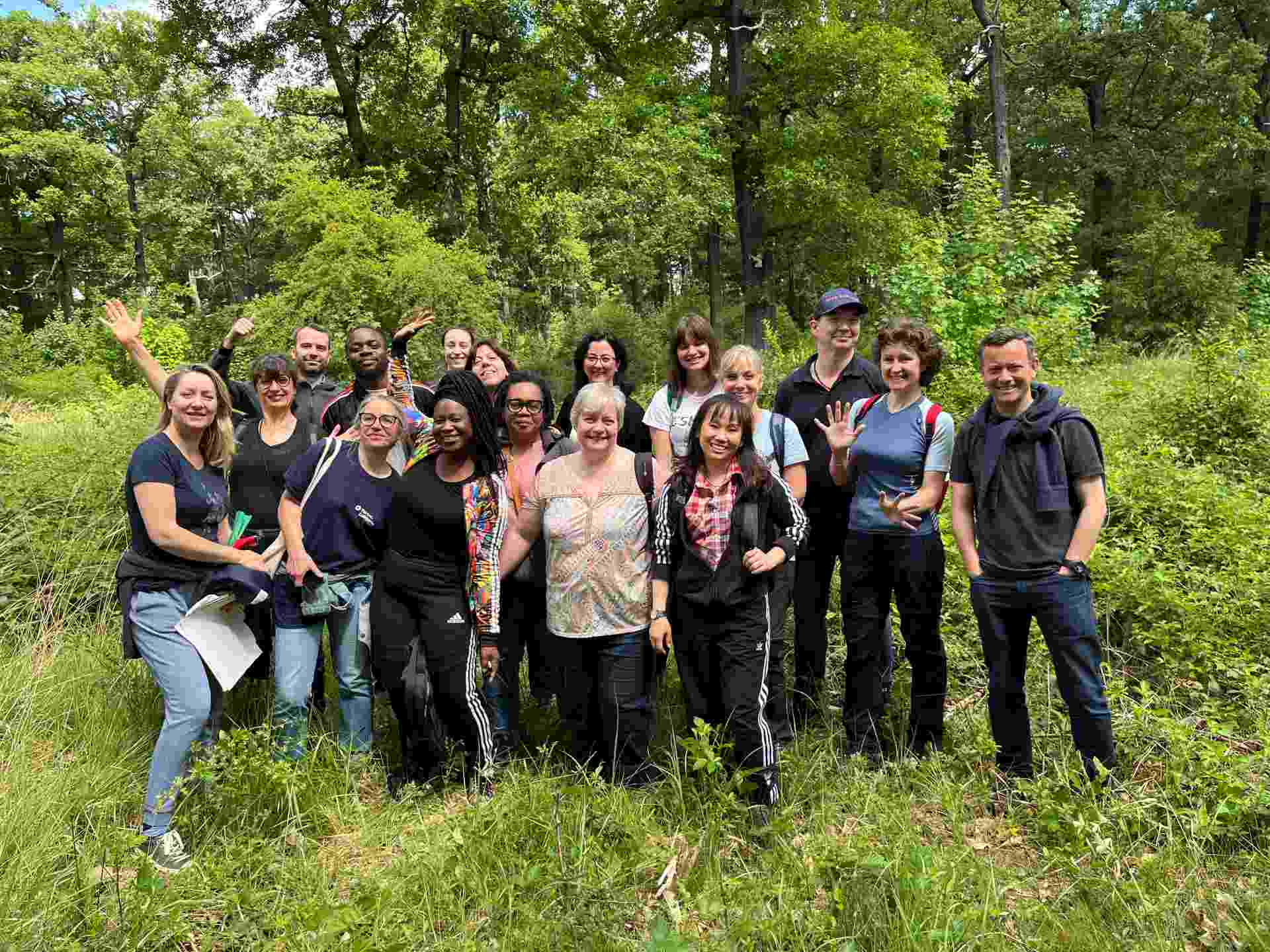
To coincide with World Cleanup Day - which took place on 17th September - we look at the team of Lubmarine volunteers who tackled a different type of clean up when they got to grips with some invasive alien plant species in a Paris suburb.
Whilst there is quite rightly much talk today about plastics and their impact on the environment in both land and sea - the Lubmarine team of volunteers recently took on a more botanical problem when they joined forces with members of the Office National des Forêts (ONF) - the French National Forestry Office – to help clean a section of forest in the Western Paris suburb of Saint Germain en Laye which was being invaded by alien plant species.
Instructed by two forest rangers, the Lubmarine team's challenge was to identify two invasive species and dig out them when possible or, where not possible, help stop their growth by removing a ring of bark that blocks the sap (an action called girdling).
The team focused its efforts on two alien species, Ailanthus altissima and Phytolacca americana:
- Ailanthus - registered as an invasive toxic species by the EU in 2019, it produces a chemical substance (ailanthone) via its foliage which is harmful particularly to pets, whilst its male flowers restrain the growth of other plants nearby.
- Phytolacca Americana - is toxic if ingested or via direct contact with its roots, leaves and fruits. The levels of toxins increases as the plant grows, and whilst these are not fatal to humans they can be for herbivores, especially cows and horses.
Armed with protective gear and a great deal of enthusiasm, the Lubmarine volunteers spent the day working in the forest. It formed part of the TotalEnergies initiative called Action! which allows each employee to dedicate up to 3 days per year to take part in public interest projects such as this - https://fondation.totalenergies.com/en/employee-citizenship
"It was great to have members of our team working together in a slightly different environment than normal, to clear the forest section. Not only did we make a difference collectively, but we learned about the impact that invasive plant species can have. Our grateful thanks go to the ONF staff for their warm welcome, their clear explanations and their time which made this mission such a success!," said Cécile Belhassen, Lubmarine Event Manager.
